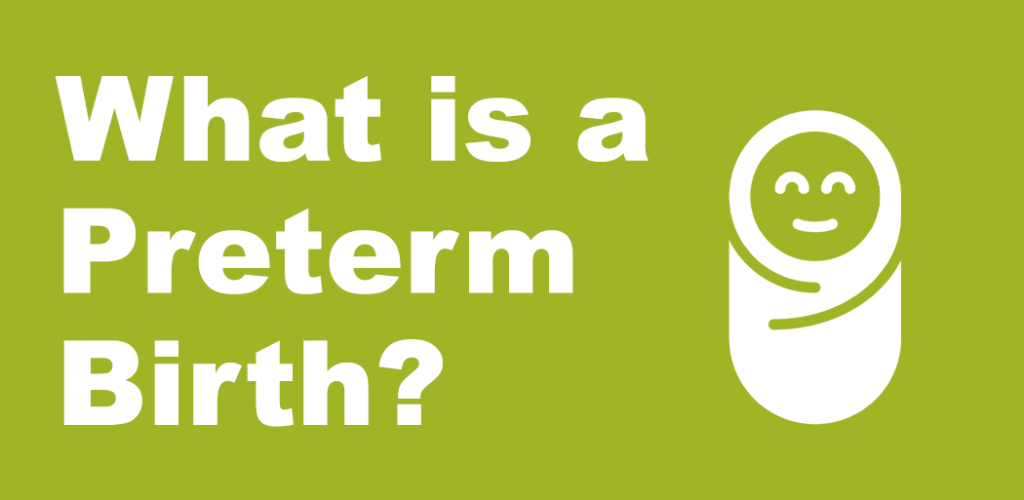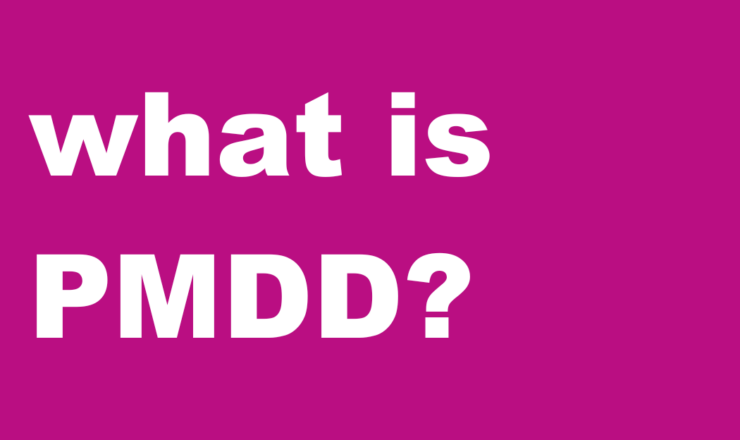

We talk a lot about pregnancy, and about supports for after giving birth, but what about things that can happen during the birthing process? This article covers some of what happens during a preterm birth.
Babies born between 37-41 weeks of gestation (which is the number of weeks a person has been pregnant) and are considered to be at “term.” A preterm birth (also known as premature birth) is when a birth takes place more than 3 weeks before the expected due date. Pretermbirth can be divided into 3 main sub-categories:
Immediately after giving birth, the healthcare team who aided in the delivery will make sure the baby is stable. Keeping the baby stable means providing them with support however they may need it. This sometimes looks like:
If there are concerns about the baby’s health, a parent may not be able to hold them right away, or they will be able to hold them briefly before the baby is moved to a neonatal intensive care unit. This decision will likely be made pretty quickly by the health care team.
There is a chance that a preterm birth can potentially have impacts on a baby’s development, both physical and mental. This depends on a number of factors, such as how premature the birth was, the overall health of the baby, and their access to supports throughout their growth.
Babies born preterm are more likely to require early intervention and special education services. There is an increased risk of neurodevelopmental conditions such as Attention Deficit-Hyperactivity Disorder (ADHD), visual and hearing impairments, behavioral and social-emotional problems, depression and anxiety, and learning disabilities. Physical conditions that may appear later in life could include chronic diseases such as heart disease, hypertension, diabetes, asthma and cerebral palsy.
In most cases, the exact cause of a preterm birth is unknown. However, there are some things that can be done to help reduce the risk of giving birth preterm, including:
It’s also generally recommended that pregnant people check in with their health care provider with any concerns about preterm birth. Additionally, it is recommended that pregnant people be aware of the following symptoms, and to contact their health care provider immediately they experience:
If you have questions about this topic, feel free to contact one of our peer educators. [Link]
Last Updated: May 2022

Planned Parenthood Toronto did a Youth Sexual Health Needs Assessment this year. Here are the results! In infographic form!!!

What is PMDD? People who get periods know how much the week before your period starts can suck! You might deal with a rollercoaster of emotions 0r other annoyances like acne and headaches. These symptoms, collectively known as premenstrual syndrome (PMS), shouldn’t be debilitating enough to impact your life at school, work, home, or your […]

In this series we’re going over how people might want to think about interacting with a crush. This post will cover ways we can understand and define flirting. Let’s go!